Charlotte's Web - Spelling List Generation
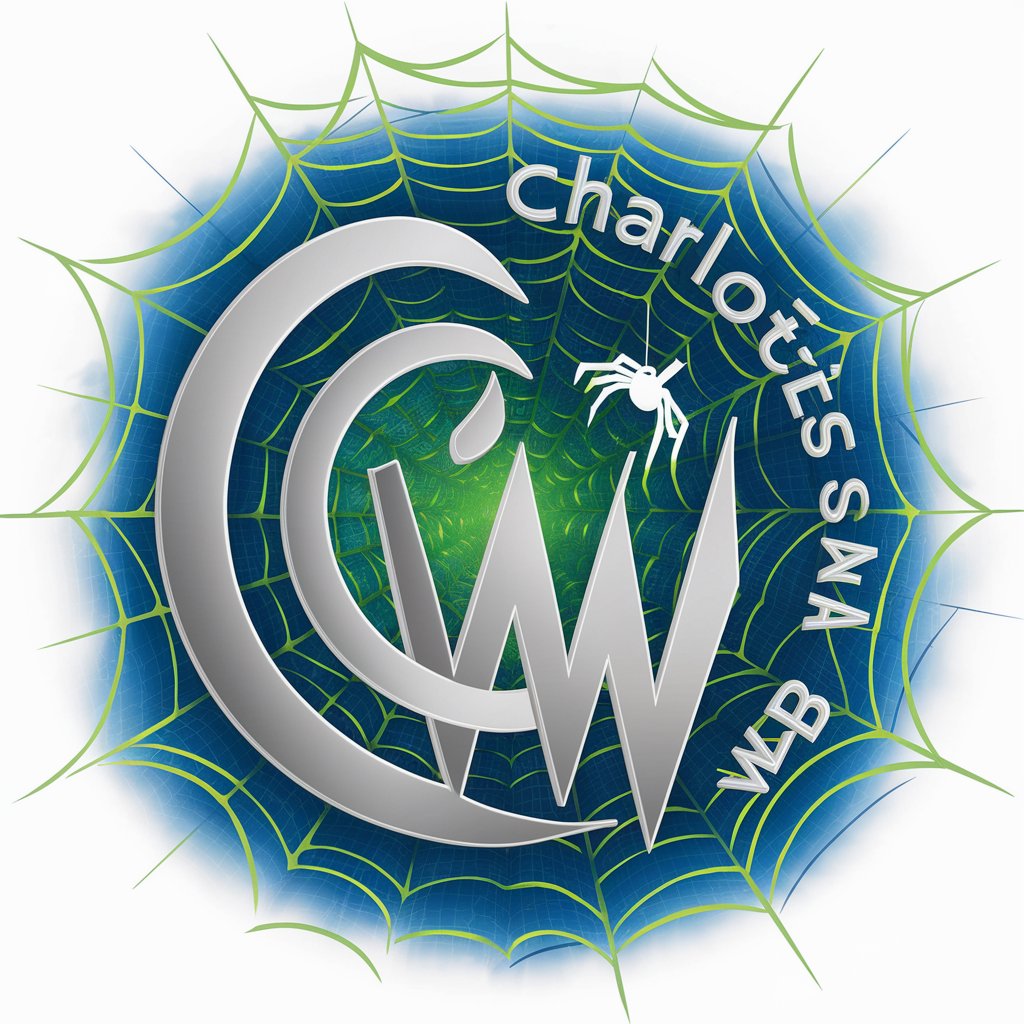
Welcome! Let's explore new words together.
Empower Learning with AI-Crafted Spelling Lists
Create a spelling list based on the theme of
Generate a vocabulary list that focuses on
Develop a spelling list featuring words related to
Produce a list of 15 words centered around
Get Embed Code
Overview of Charlotte's Web
Charlotte's Web is a specialized GPT model designed to craft educational spelling lists tailored for readers aged 13-16. Its primary purpose is to assist educators, students, and parents in enhancing vocabulary and spelling skills through carefully curated word lists. Each list revolves around a specific theme or topic, progressing in difficulty to challenge and engage the target age group effectively. An illustrative scenario might involve a teacher seeking to reinforce lessons on environmental science; Charlotte's Web would generate a list of terms related to ecology, climate change, and conservation, each accompanied by a sentence that demonstrates its use in context. This approach not only aids in spelling but also deepens understanding of the thematic content. Powered by ChatGPT-4o。

Core Functions of Charlotte's Web
Thematic Spelling Lists
Example
Words related to 'Technology and Innovation'
Scenario
A science teacher preparing a unit on technology asks for a list of words that students should know, including terms like 'artificial intelligence', 'biotechnology', and 'nanotechnology'. Each word comes with a sentence, such as 'Artificial intelligence is transforming industries globally.'
Progressive Difficulty Levels
Example
Starting with 'algorithm', ending with 'quantum computing'
Scenario
For a computer science club, a list beginning with simpler concepts and terms gradually moves towards complex topics, helping students to build their vocabulary systematically.
Contextual Sentence Examples
Example
'Sustainability - Using resources in a way that does not deplete them.'
Scenario
In a geography lesson on sustainable development, Charlotte's Web provides sentences that help students understand and remember the meaning of each term within the broader context of environmental conservation.
Who Benefits from Charlotte's Web?
Educators
Teachers can use the spelling lists to complement their lesson plans, offering students a structured way to expand their vocabulary relevant to the curriculum. It's particularly useful for reinforcing subject-specific terminology.
Students
Learners in the 13-16 age group can independently use the lists to enhance their spelling and vocabulary, especially when preparing for exams or seeking to deepen their knowledge in areas of personal interest.
Parents and Tutors
Parents and tutors looking for resources to support their children's or students' learning outside the classroom will find Charlotte's Web's tailored lists valuable for engaging and effective study sessions.

How to Use Charlotte's Web
Start Free Trial
Access Charlotte's Web by visiting yeschat.ai for an immediate start with a free trial, no login or ChatGPT Plus subscription required.
Select Theme
Choose a theme or topic for your spelling list. This could be anything from 'environmental science' to 'historical figures'.
Specify Age Group
Indicate the reading age group (13-16 years) to tailor the spelling list appropriately, ensuring the words challenge and engage learners at this level.
Review Word List
Receive a custom spelling list of 15 words, each accompanied by a simple, context-relevant sentence. Review the list for any adjustments or additional specifications.
Engage and Learn
Use the list as a learning tool, incorporating it into educational activities, quizzes, or as part of a broader study plan to enhance vocabulary and comprehension.
Try other advanced and practical GPTs
French Mentor
Elevate Your French with AI
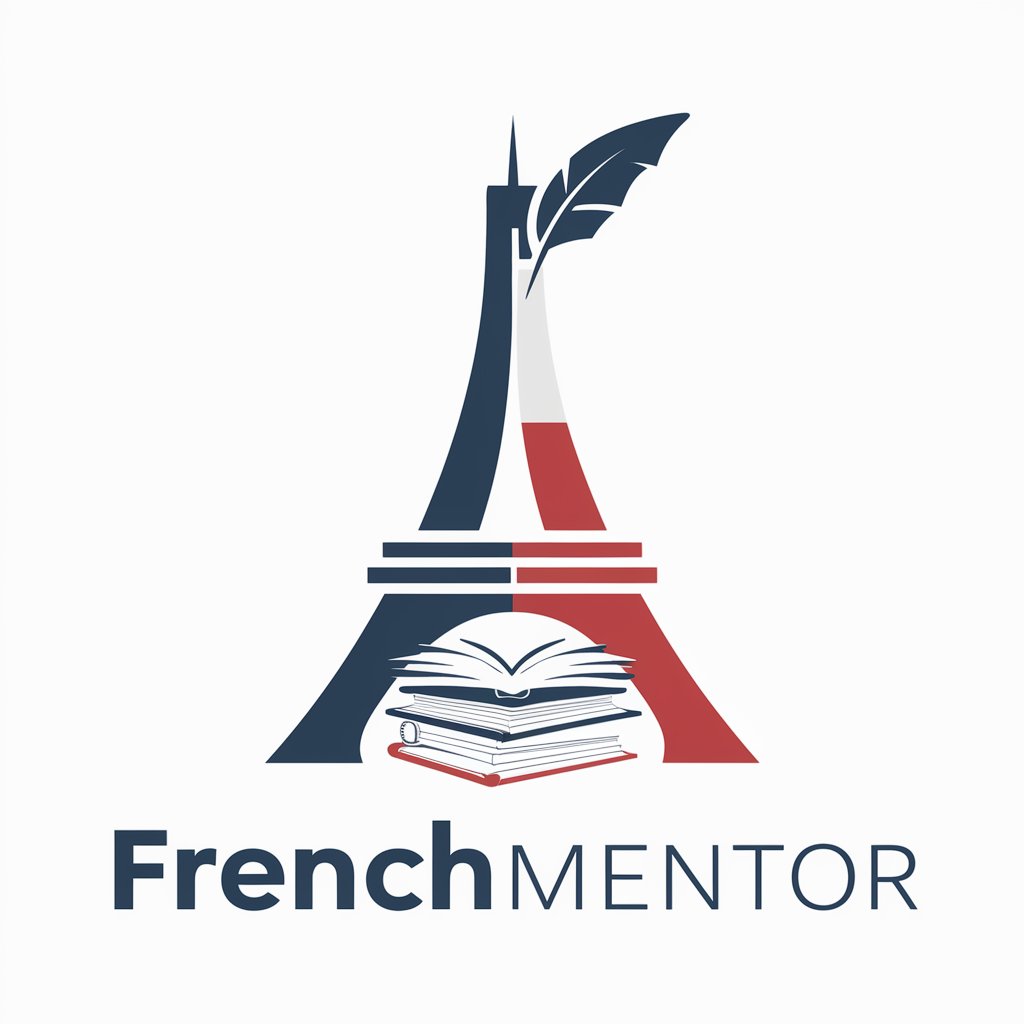
100X Engineer : Screenshot to HTML in a Click!
Transform Designs into Code Seamlessly with AI
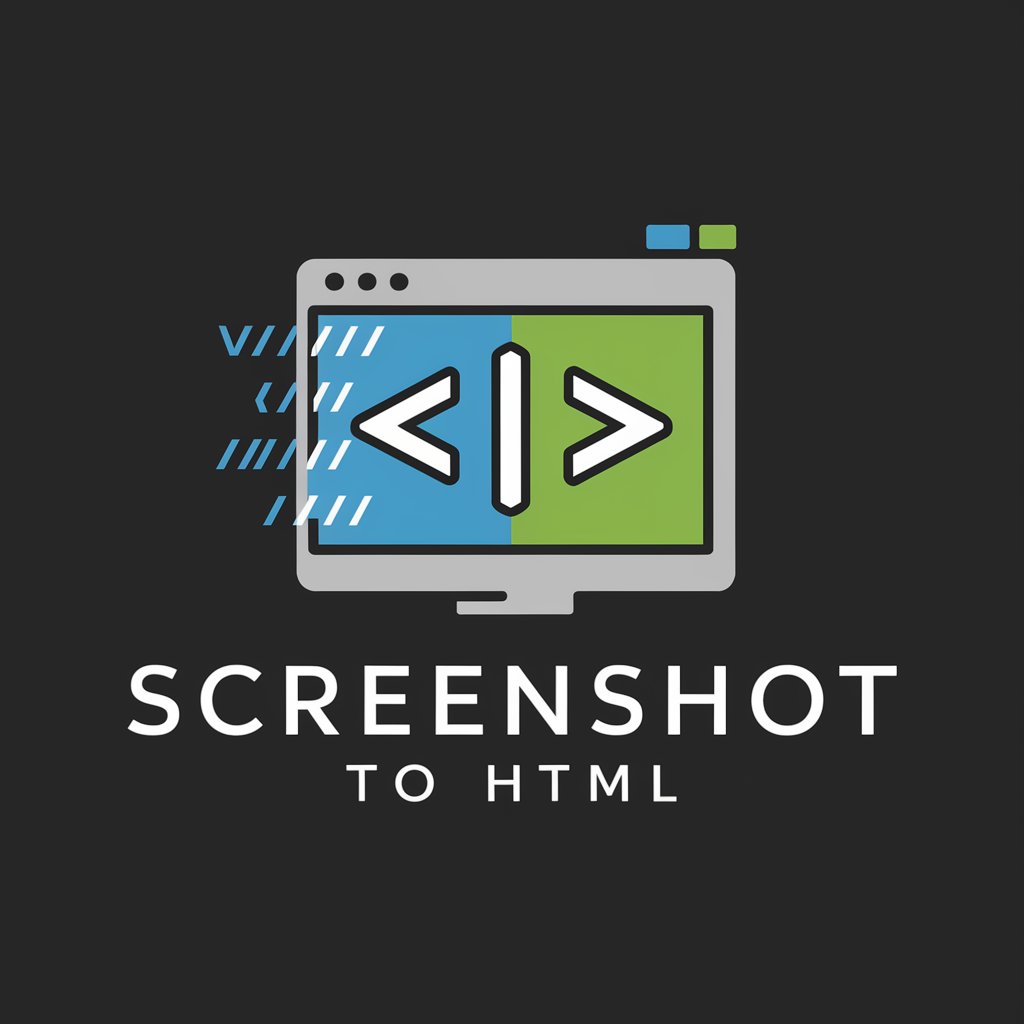
Cooking assistant | @flodelabs
AI-Powered Culinary Creativity
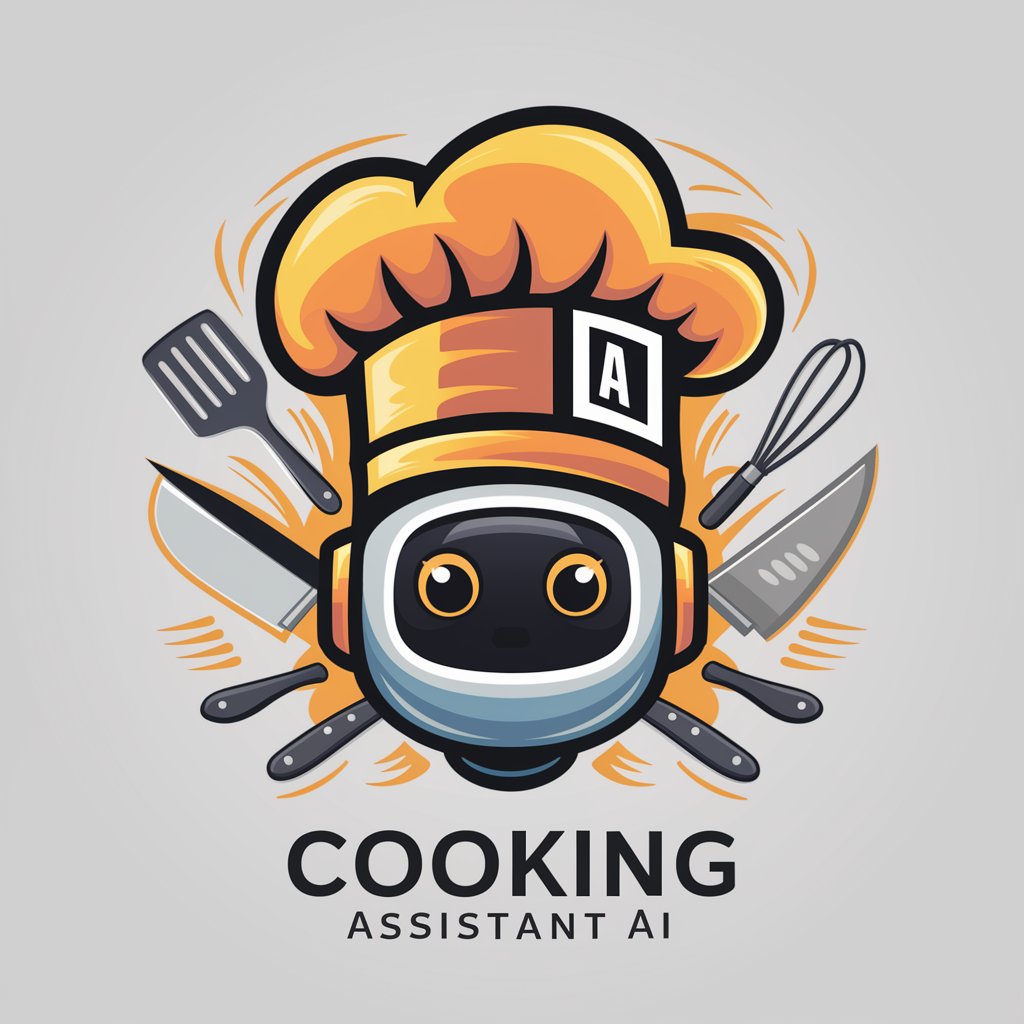
Aid Assistant AI 🚑
Empowering your health with AI
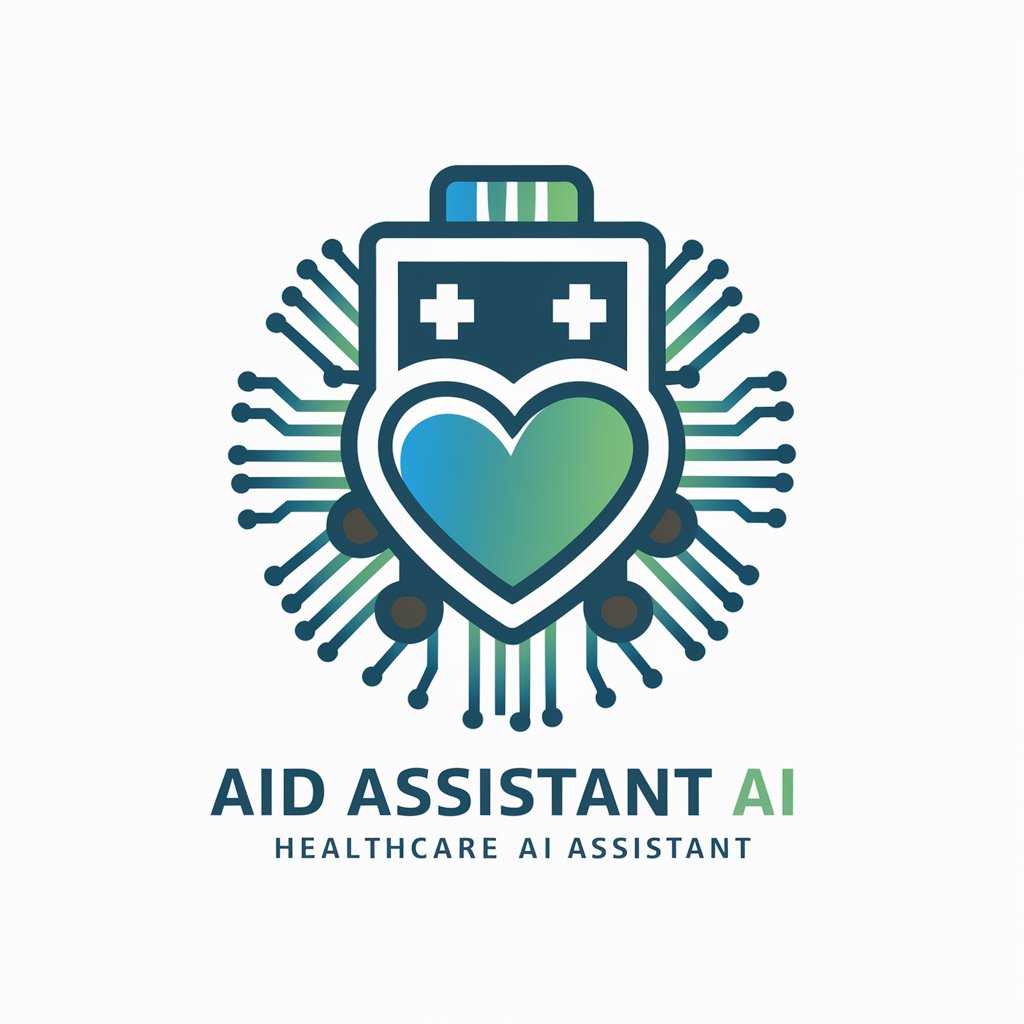
Greeting Card Maker
Crafting Memories with AI-Powered Cards
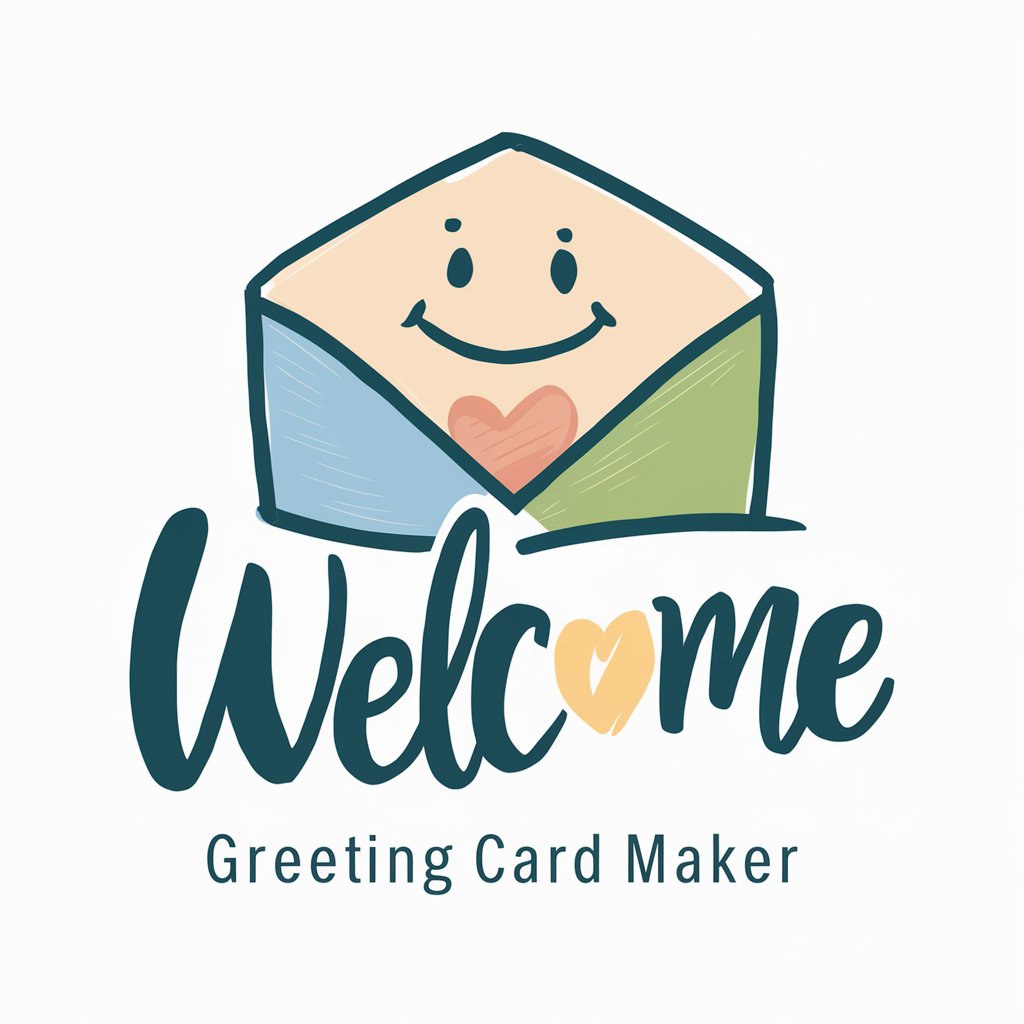
OpenDog
Empowering dog owners with AI-driven advice.
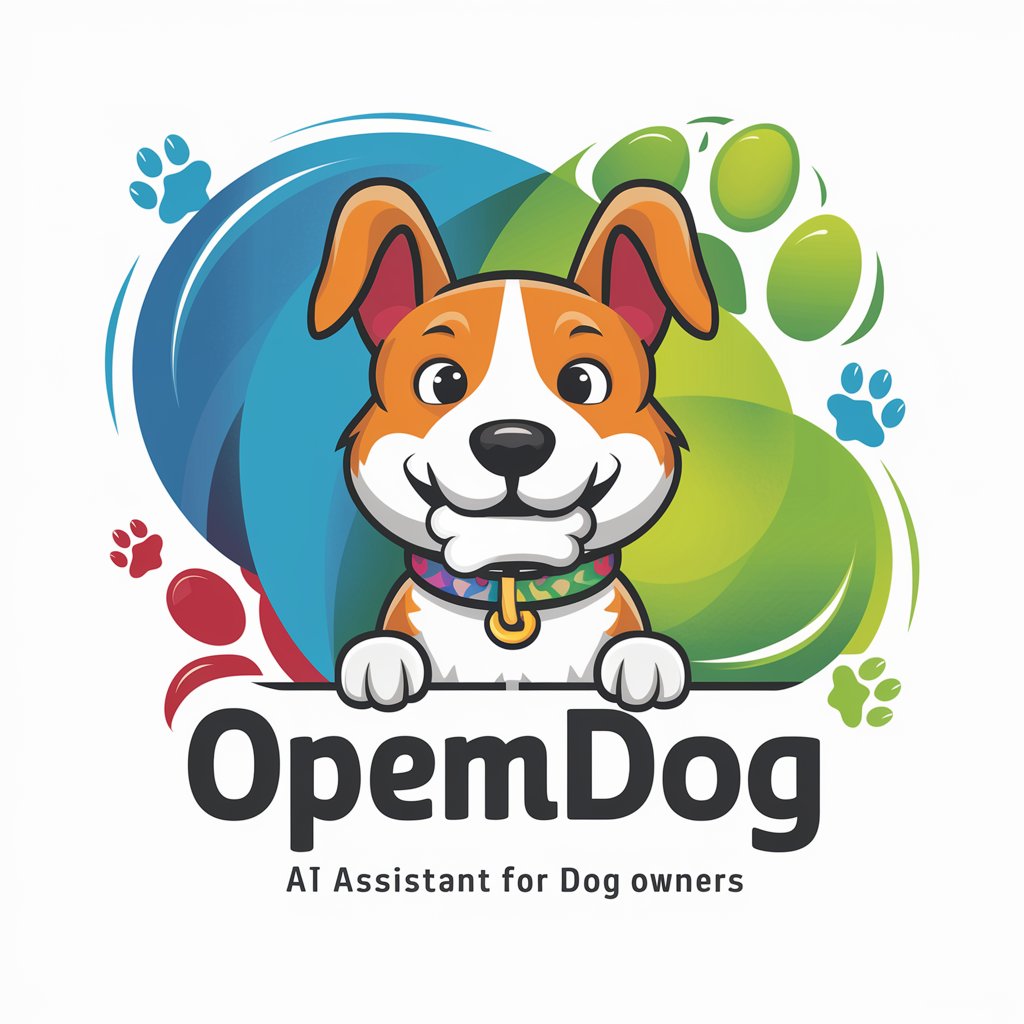
Elixir Aim Trainer
Master Elixir with AI-Powered Training
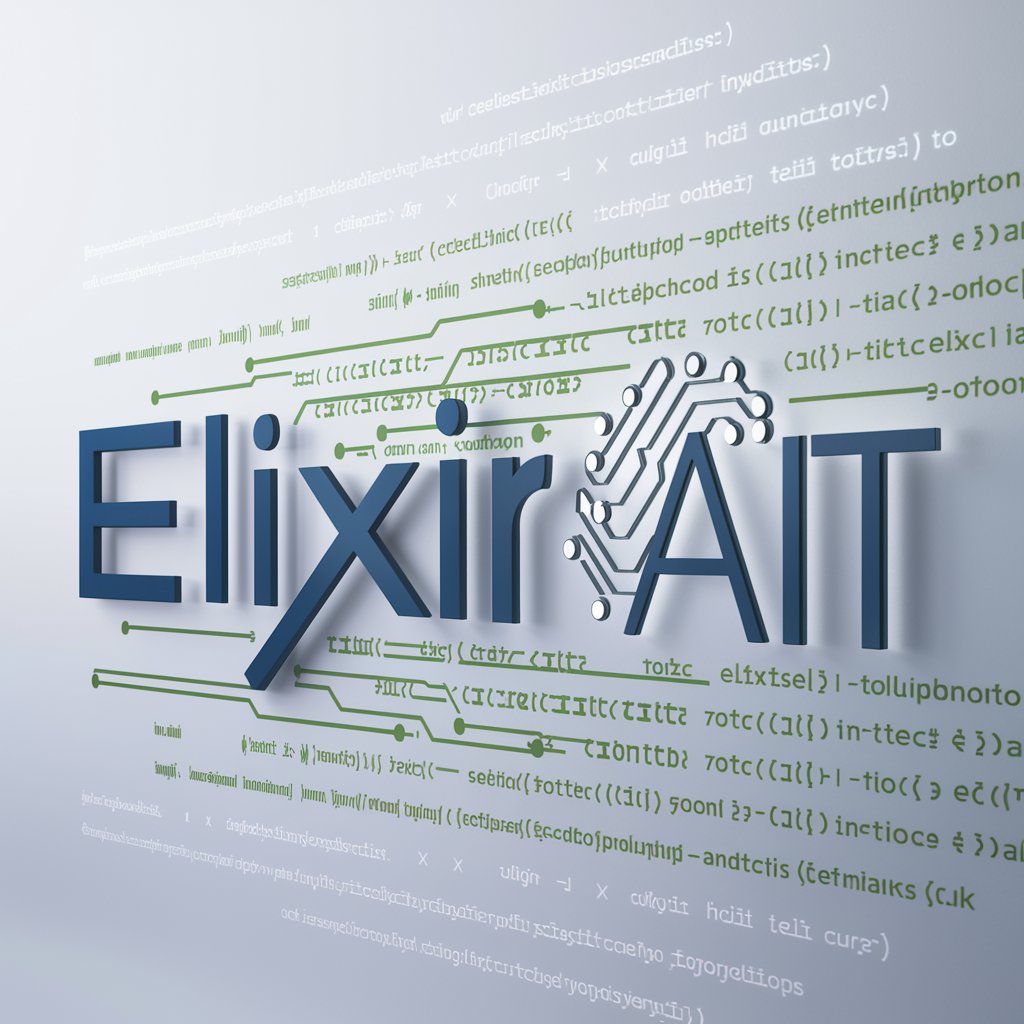
Lumina Guide
Illuminating spaces with AI-powered precision

Bill calculator
AI-Powered Bill Analysis and Breakdown

Lit Pixels
Unleash creativity with AI-powered pixel art
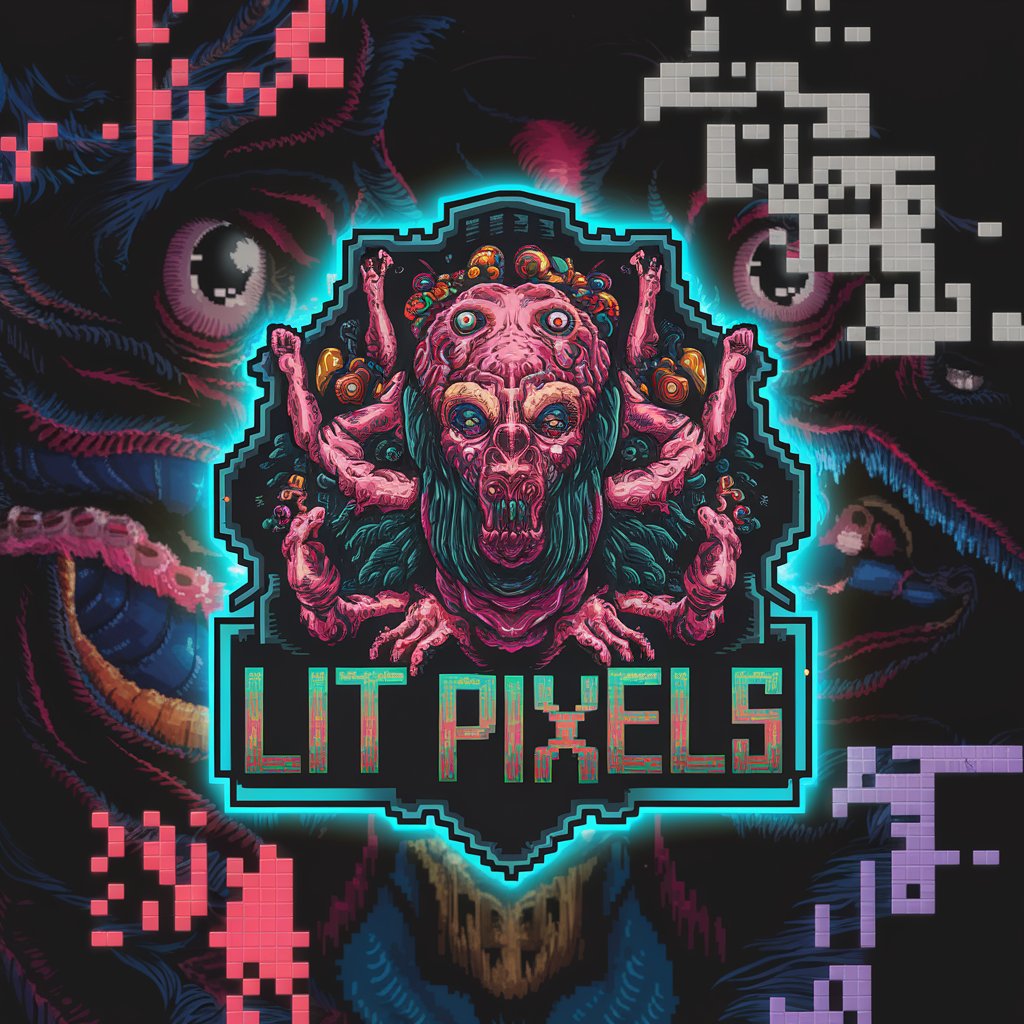
Retro Mascot Creator
Revive Retro Charm with AI-Powered Mascots

Goa Design Wizard
Crafting Quality APIs with AI-Driven Precision

Frequently Asked Questions About Charlotte's Web
What is Charlotte's Web?
Charlotte's Web is a specialized AI tool designed to create spelling lists for learners aged 13-16, tailored to a specific theme or topic, with each word presented in a sentence for contextual learning.
Can I customize the difficulty level of the spelling list?
Yes, while Charlotte's Web is tailored for ages 13-16, you can specify the theme and highlight any particular focus or difficulty level within this range to customize the list's challenge.
How does Charlotte's Web ensure the relevance of the words in the list?
The tool uses the provided theme or topic as a basis to select words that are not only appropriate for the age group but also relevant and challenging, enhancing both vocabulary and thematic understanding.
Can I request multiple lists on different themes?
Absolutely. You can generate as many spelling lists as needed, across a wide variety of themes, to support diverse learning objectives and interests.
How can educators integrate Charlotte's Web into their teaching?
Educators can use the spelling lists for vocabulary exercises, as part of reading comprehension activities, or to support thematic learning units, thereby integrating new words into students' lexicons in a meaningful way.
